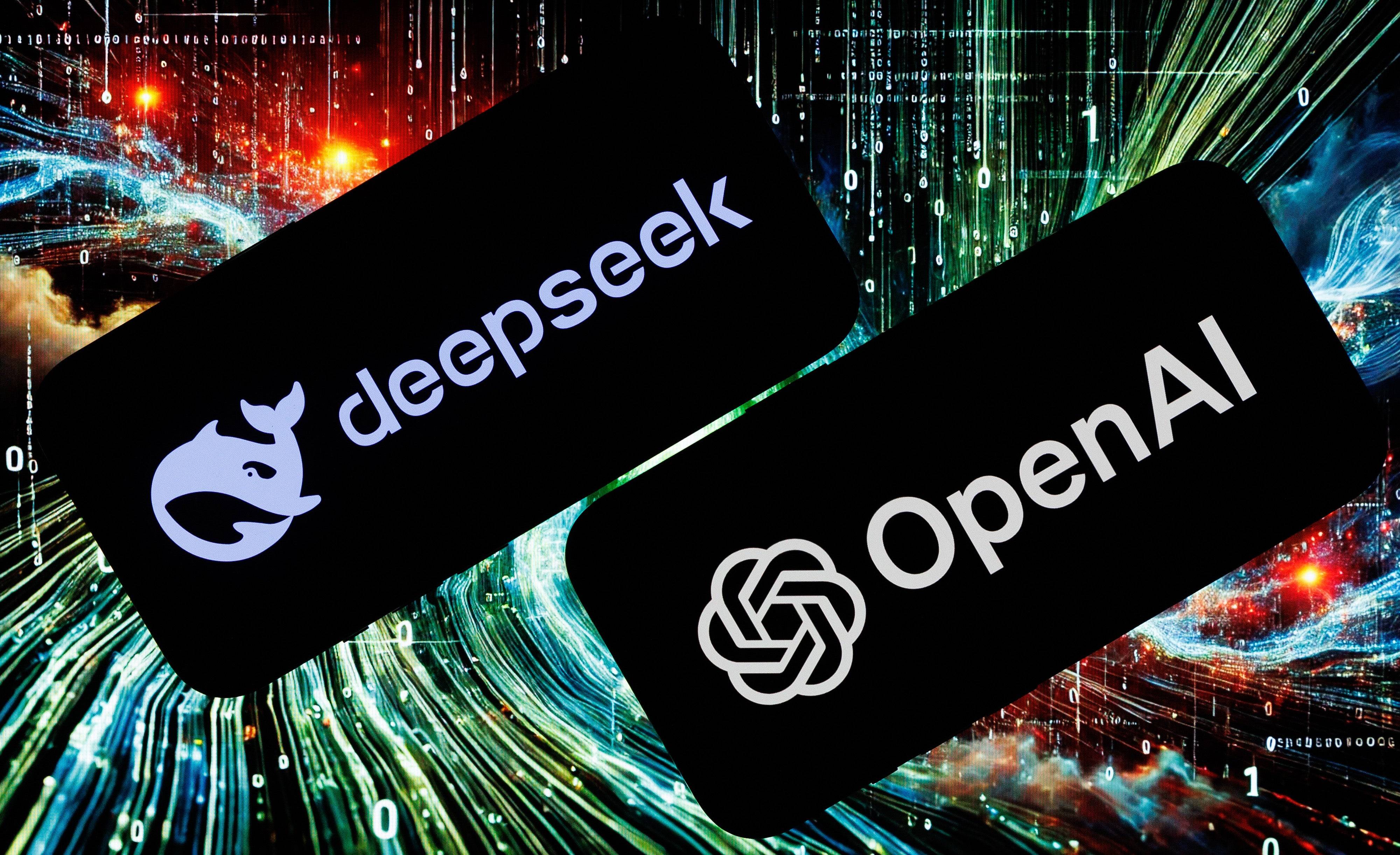The emergence of China's DeepSeek AI models has sparked significant controversy and concern within the U.S. tech industry, particularly after allegations surfaced that these models may have been developed using data from OpenAI. This development has not only led to a massive sell-off in AI-related stocks but also raised questions about intellectual property and data usage in AI development.
Donald Trump has labeled DeepSeek as a "wake-up call" for the American tech sector, especially following a dramatic $600 billion drop in Nvidia's market value. Nvidia, a key player in the GPU market essential for running AI models, experienced a historic 16.86% decline in its share price. Other tech giants such as Microsoft, Meta Platforms, and Google's parent company Alphabet also saw their stocks fall, ranging from 2.1% to 4.2%, while Dell Technologies, known for its AI servers, dropped by 8.7%.
DeepSeek's R1 model, built on the open-source DeepSeek-V3, claims to be a cost-effective alternative to Western AI models like ChatGPT. It reportedly requires significantly less computing power and was trained at a fraction of the cost—estimated at just $6 million. Despite some skepticism about these claims, DeepSeek's impact on investor confidence and its rise to the top of the U.S. free app download charts cannot be ignored.
OpenAI and Microsoft are now investigating whether DeepSeek used OpenAI's API to integrate OpenAI's AI models into its own, a practice known as distillation, which violates OpenAI's terms of service. OpenAI has emphasized its commitment to protecting its intellectual property and is collaborating with the U.S. government to safeguard its technology from misuse by competitors and adversaries.
David Sacks, President Trump's AI czar, has highlighted the evidence suggesting that DeepSeek may have distilled knowledge from OpenAI's models, prompting a likely response from leading U.S. AI companies to prevent such practices in the future.
 DeepSeek is accused of using OpenAI’s model to train its competitor using distillation. Image credit: Andrey Rudakov/Bloomberg via Getty Images.
DeepSeek is accused of using OpenAI’s model to train its competitor using distillation. Image credit: Andrey Rudakov/Bloomberg via Getty Images.
The situation has not gone without irony, as noted by tech commentator Ed Zitron, who pointed out OpenAI's own history of using copyrighted internet content to train ChatGPT. In January 2024, OpenAI admitted to the UK's House of Lords that it was "impossible" to develop AI tools like ChatGPT without copyrighted material, highlighting the broader industry debate on the use of copyrighted content in AI training.
This debate has intensified with legal actions such as the New York Times' lawsuit against OpenAI and Microsoft in December 2023 for the "unlawful use" of its work, and a lawsuit by 17 authors, including George R. R. Martin, in September 2023, alleging "systematic theft on a mass scale." Additionally, a U.S. Copyright Office ruling upheld by District Judge Beryl Howell in August 2023 stated that AI-generated art cannot be copyrighted, underscoring the complex relationship between AI and intellectual property rights.
These developments underscore the ongoing challenges and ethical considerations in the rapidly evolving field of artificial intelligence, particularly regarding data usage and intellectual property rights.















